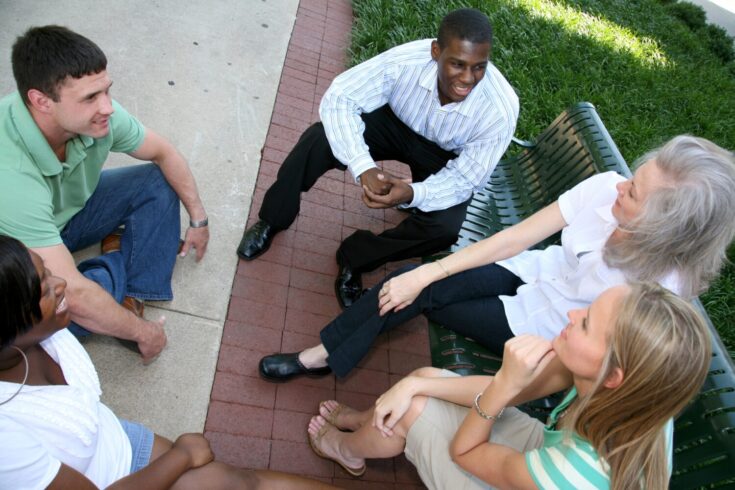UK Research and Innovation (UKRI) has invested £1.46 million in five research projects that will bring the general public into the heart of the research process.
The recipients of UKRI’s citizen science collaboration grants will work with members of the public to reshape our understanding of a range of pressing issues.
These exciting projects will yield new insights into topics, including:
- plastic pollution
- mental health.
Citizen-led research
In these projects, members of the public will be actively involved in conducting the research from the start, working with researchers to identify the questions they want to ask and designing the best approaches to explore them.
The projects will involve a range of people with different backgrounds who can bring a variety of knowledge and personal experiences to inform the research. Whether this is, improving our understanding of historical objects in museums, or innovating the treatment of mental health issues.
Connecting diverse communities
The projects will involve collaborations between a diverse range of organisations including:
- universities
- museums
- arts organisations
- city councils
- mental health charities
- grassroots community groups.
The collaborations will generate valuable new insights by bringing the knowledge and expertise of the public together with that of researchers working in these areas.
Participants will also be able to develop new skills and knowledge that they will be able to apply elsewhere.
Sharing knowledge and expertise
Involving the public in research enables researchers to understand public priorities, and to bring the lived experiences of more diverse groups of people into the research process.
It opens up the process of discovery and exploration to the wider public and enables the public and researchers to learn from each other.
Tom Saunders, Head of Public Engagement at UKRI said:
In the last year, science, research and innovation have become something that people talk about every day, as we have seen how research directly affects our daily lives.
UKRI is committed to breaking down the barriers between research and society and involving the public in research is one way we aim to do this.
These exciting new projects will support people from outside of the research and innovation system to bring their lived experience and unique perspectives into the research process.
Further information
The Citizen Science awardees (alphabetical order by project title)
Ancient history, contemporary belonging
Young people of refugee background working to increase our understanding of ancient historical objects in the museum’s collections and challenge exclusionary narratives about refugees in the UK. In collaboration with:
- Manchester Metropolitan University
- Manchester Museum
- Sheeba Arts.
Citizen science to achieve coproduction at scale
People living with mental health problems working to drive innovation in the treatment of mental health issues, and the support available to enable people to live as well as possible. In collaboration with:
- University of Nottingham
- Kings College London
- a wide range of health, wellbeing and community engagement charities, networks and organisations.
HOMEs under the microscope
Citizen scientists in Bradford and Bristol working to investigate the extent of the microplastic crisis. They will be investigating the presence of airborne microplastics in people’s homes to get a better picture of where these particles come from. In collaboration with:
- University of Leeds
- University West of England.
We are Bristol: Reparative justice through collaborative research
People in Bristol, including African Caribbean communities, will address the history, and contemporary legacies, of transatlantic slavery in the city. In collaboration with:
- University of Bristol
- Bristol City Council
- a wide range of cultural and community networks, charities and organisations.
Youth LIVES: youth LIVed experience in evidence synthesis
Young people with mental health problems will identify priorities for mental health research and design research that addresses any gaps. In collaboration with:
- University of York
- Citizen science group, The Parenting Science Gang
- charities, such as The Mental Health Foundation.

